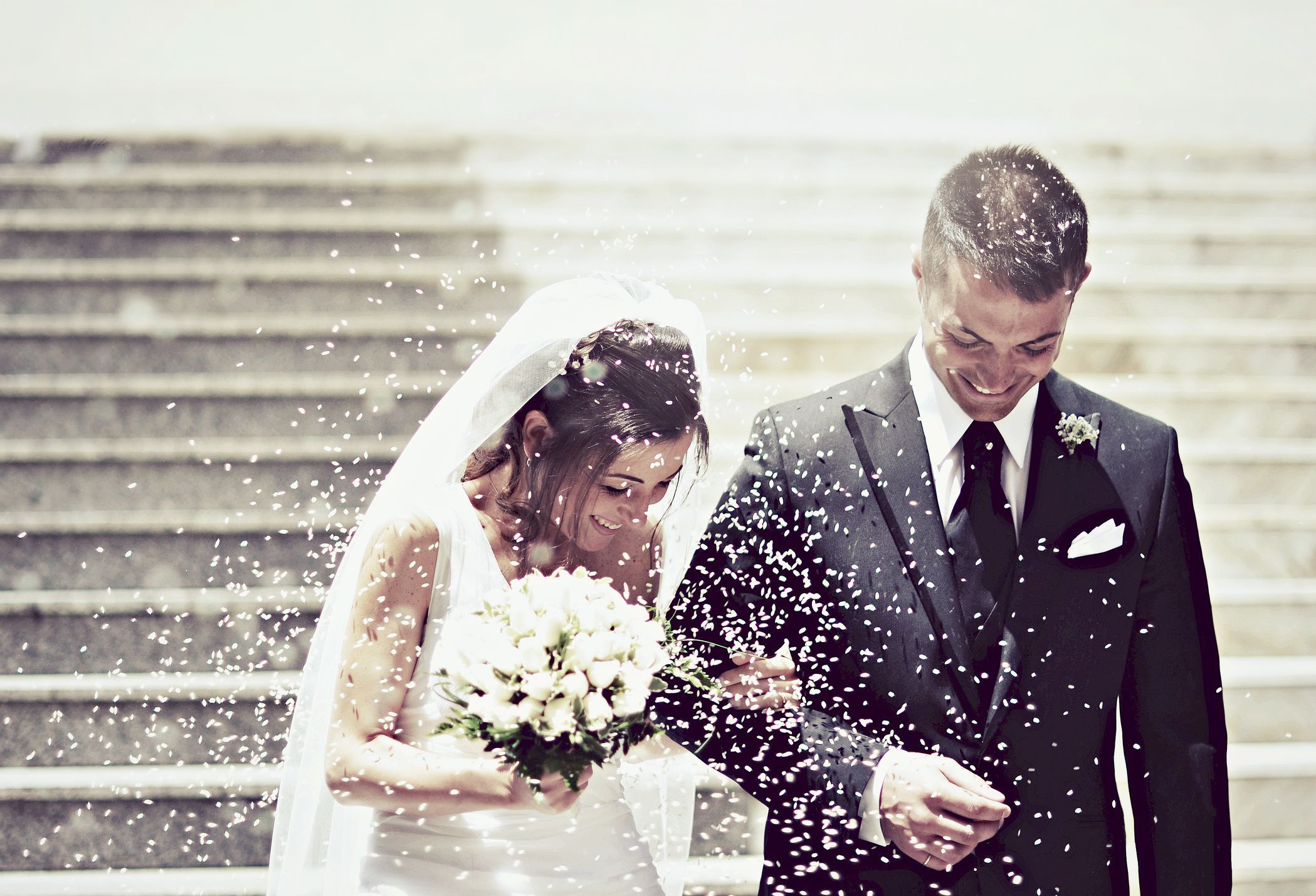Nathan discusses how our understanding of marriage has changed over time, and whether it is meaningless or of increasing importance in secular society.
It goes without saying that marriage means different things to different people. Is marriage a fundamentally religious vow between two people or is it a secular concept now? Are marriages based on unbreakable, permanent promises or are they are a recipe for temporary happiness and long-term anger?
There is no universal motivation for tying the knot. It can be for whatever reason you want it to be: religious, secular, eternal or temporary.
As a very liberal Christian, I hold the view that marriage should be an option for anyone of any sexuality, but that marriage should not lose its value as a religious ceremony. In short, that marriage is for everyone, but it should be taken seriously as a commitment. Though this may sound obvious, marriage is too often just the given answer to the ever-present question of ‘what next?’
In Britain, we have a broadly secular society but also an official established faith which is represented by the Church of England. This inevitably leads to a clash of opinions when it comes to issues such as marriage, as well as even more complicated issues like abortion. Many people of faith view marriage as a ceremony witnessed by one or many gods, not just an opportunity for friends and family to gather together and celebrate the love of two people for each other.
All successful partnerships should be celebrated, of course, but for those of faith, marriage is something more. Consequently, marriage between ‘believers’ often lasts longer than between people of no faith – this is not necessarily a good thing, because it can sometimes lead to being trapped in a dysfunctional relationship rather than participating in a fulfilling, long-term one.
There is no right answer as to whether marriage should be a religious sacrament or a secular celebration. What’s most important for me is that marriage remains a cherished thing, and that doesn’t depend on one’s faith.
Overall, the portion of the population getting married is decreasing, perhaps because marriage is more of a choice now than in the past, when it was simply ‘the done thing’. Furthermore, people are, on average, waiting longer to get married than in previous decades, which could suggest that much more thought is going into marriage nowadays. I believe that as a result of this element of choice, when people today get married, they do so after careful consideration and for the right reasons, rather than just to comply with societal norms.
Marriage, then, is increasingly relevant and important to some people, and not so much to others. Those who don’t want to get married shouldn’t feel any pressure to, and those who do – whoever they are – should now be able to value the concept even more than past generations. It’s a great irony of secular society that what was such a religious affair originally has taken on greater importance because of secularism.
Marriage, statistically speaking, may be in decline. Yet symbolically, it’s more important than ever.
Nathan Olsen
Photo credit: http://livesmartly.co/marriage-worse-health-status-opinion-scientist/

